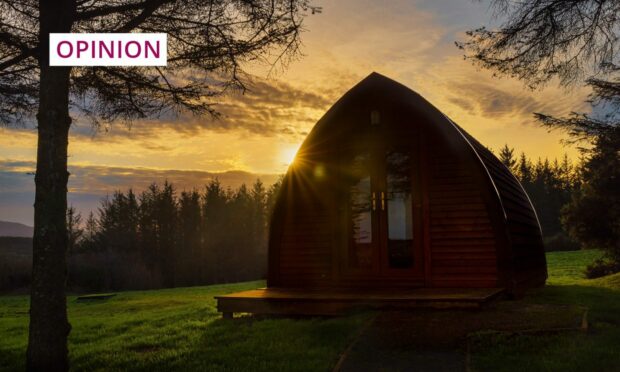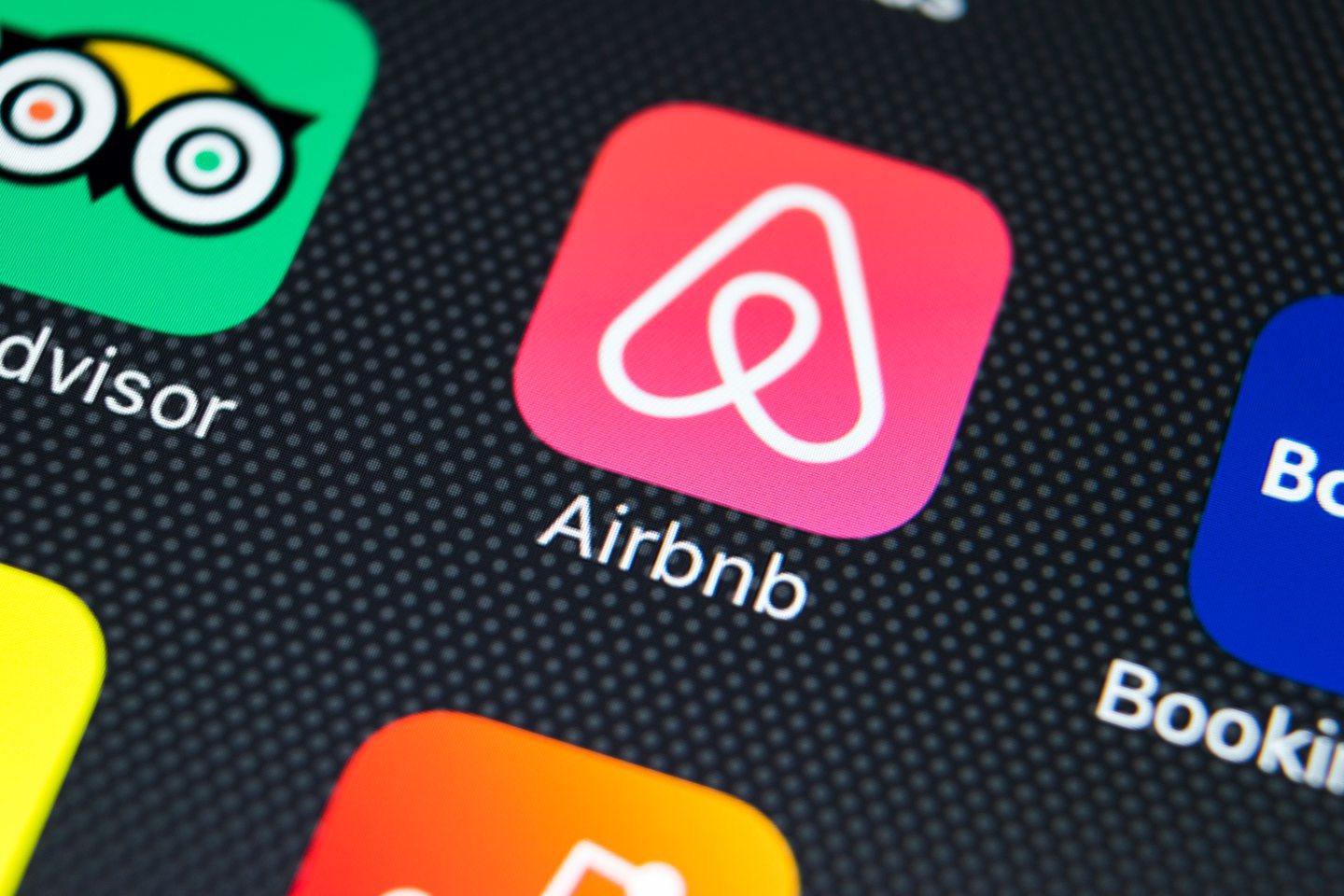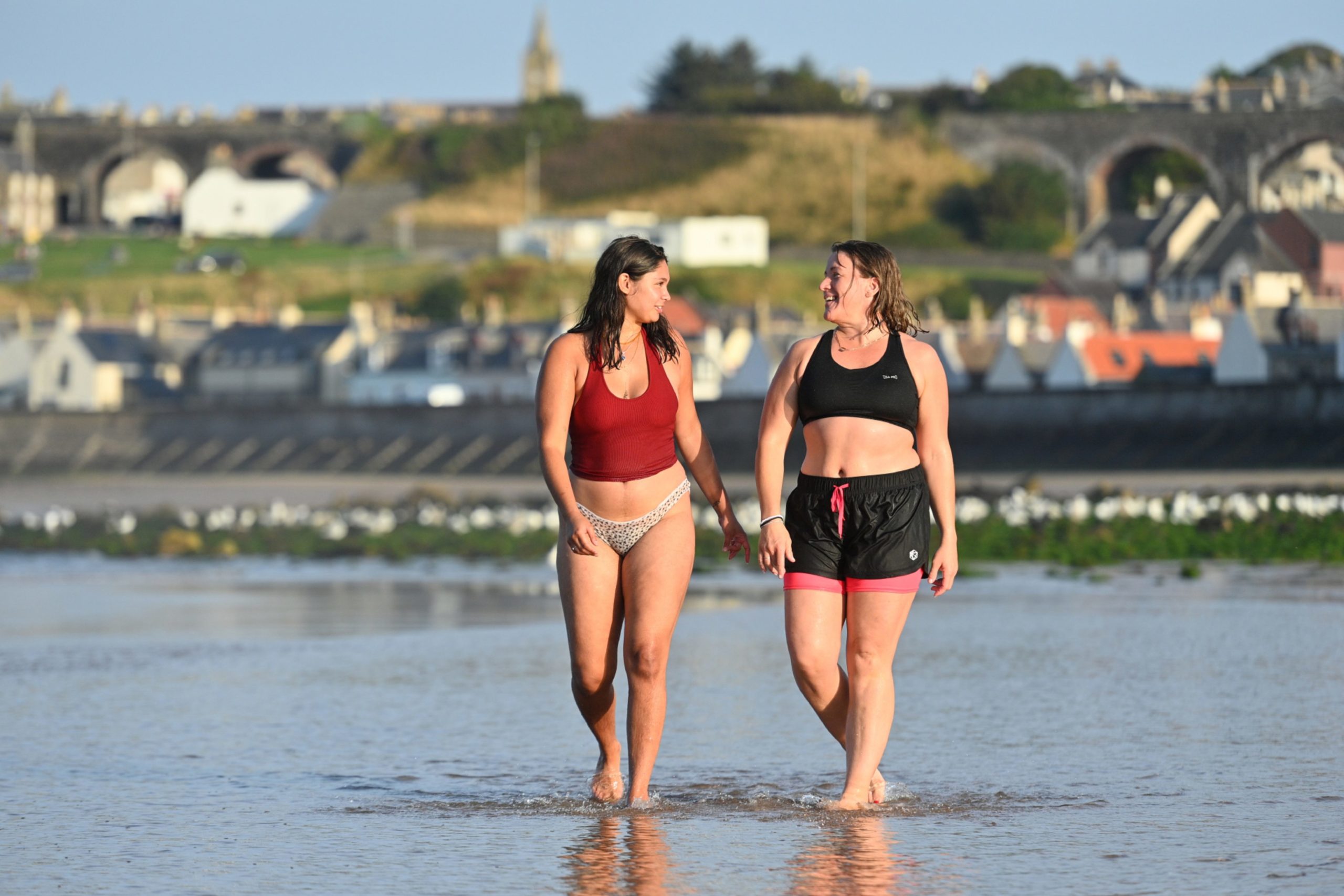There is just one week to go before everyone in Scotland who offers guest accommodation must register for the new short-term let licence.
These licenses resulted from legislation passed by the Scottish parliament at the start of 2022, in response to problems in a few tourist hotspots such as Edinburgh.
In the run-up to the legislation being passed, there was a very vocal campaign in favour of restrictions on Airbnb properties. Now that it is about to come into force, there is a very vocal campaign against it. All I can tell you is how this legislation has affected my family.
We built a glamping hut in our garden and decided to let it to guests when there was a surge in post-pandemic staycations and a shortage of local accommodation. My partner manages the whole thing himself and has had more than 150 reviews, every one five stars. Our little glamping cabin is one of the most highly-rated Airbnb listings in Scotland.
The issues which led to the new legislation don’t apply to us. Our guests aren’t occupying housing stock and are as far away from people as they could possibly be. Nevertheless, we now have to apply for a licence.
Some have argued that we had a year to prepare for this – but not in Moray, as the council was very late publishing its guidance and only accepted online applications on its website a few weeks ago. The way the legislation is interpreted differs from council to council, so we could not have guessed at what it would contain.
Endless paperwork and soaring costs
The application form is worse than we could possibly have imagined. It has 10 sections and five appendices. Amongst the many things we have to supply are: a written description, a floor layout plan (to scale) including the location and width of each point of access and egress, fire safety labels for all soft furnishings, a completed fire safety checklist, an electrical installation condition report, proof of an electrical safety inspection and PAT testing certificate, proof of water sample compliance, a legionella risk assessment, an energy performance certificate, building warrants, a buildings insurance certificate, public liability insurance certificate, and an owner consent declaration. All for a glorified garden shed with a bed, bathroom and stove. The checklist alone runs to five pages.
We’d completely support safety measures if they were interpreted sensibly. Our water is slightly high in manganese, which is not dangerous to human health but causes discolouration of your washing over a long period.
Although our guests only stay a couple of nights and there is no washing machine, we have to install a treatment unit in order to meet the new legislation. We’ve been quoted £2,500. That’s on top of the cost of the licence, which already greatly exceeds the promised cost of £214 to £436.
Moray Council’s licence fee is £500 in the first year of operation. And, if you make a mistake, you are charged that sum again until you get it right. The licence only lasts three years.
The application process is so long and complicated that we’re tackling it bit by bit, spending a few hours every evening. Last night was a typically frustrating experience, trying to download forms that are incompatible with our iPads and laptop, and clicking on broken web links which mean we can’t read the guidance we’re meant to comply with. We spent an hour failing to complete one form in one section.
Legislation is a sledgehammer to crack a nut
We are not in the hospitality sector as our full-time occupations and we do not make a liveable income from it. Our Airbnb supplements the income of my partner who is a care worker, enabling him to continue to support vulnerable adults in the community. All the paperwork must be done after we get home from our full-time jobs.
Meanwhile, nearly all our guests visit a distillery, nearby restaurants and cafes, and local tourist attractions. We have roughly calculated that each set of guests spends around £400 supporting the local economy during their stay. It will be the same for all the other B&Bs and glamping sites.
Whilst carrying out our PAT testing, our electrician happened to tell us that his mum decided to give up the bed and breakfast she has run for years as soon as she got the letter telling her about the new licensing scheme. Who is going to visit our historic places, eat in cafes and buy local crafts if there is nowhere for them to stay?
So, here we are, considering whether the ridiculous red tape and high cost is worth it. (And waiting for bills from the electrician and plumber.)
My partner will be working for free for many months to cover the cost, whilst we have done nothing but plough money into the local economy. This is a bureaucratic nightmare designed to fix a problem which never existed in our area. This legislation is a sledgehammer to crack a nut.
In Moray, Airbnb opened up new opportunities for tourists and locals alike. We loved sharing our passion for Scotland, and our local area was growing in popularity. We were proud to direct our guests to local businesses to spend their money. But future visitors will soon find a lack of accommodation. We will have to sit and watch whilst other parts of the UK happily benefit from the tourists our legislation drove away.
Eleanor Bradford is a former BBC Scotland health correspondent and now works in communications


